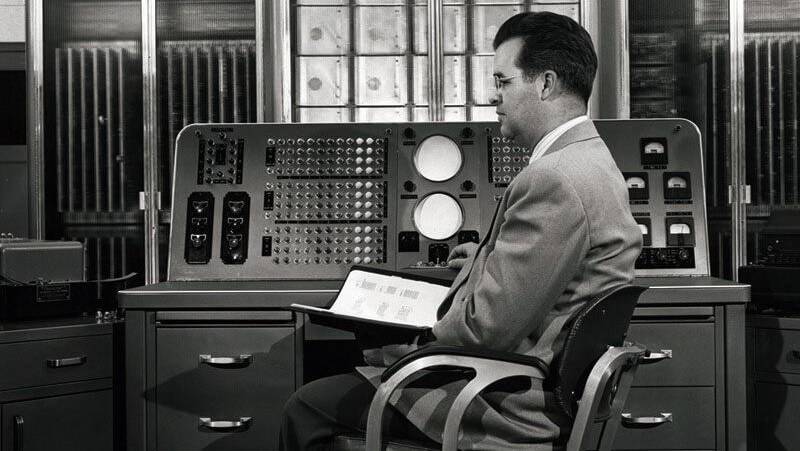A Hotel Property Management System (PMS) is an essential technology for hotel groups.
NB: This is an article from Cloudbeds, one of our Expert Partners
In fact, the PMS is amongst the biggest purchases for hotels, often being given the highest budget allocation out of all other software used by the business. If you’re a hotelier, you might find it hard to imagine your daily operations without a PMS.
Subscribe to our weekly newsletter and stay up to date
Here we’ll review the history of the PMS, the current state of the PMS in the hotel industry, and how the technology is evolving to better serve businesses and guests in the future.
The Past
The PMS first came onto the hospitality scene in the 1970s, but it wasn’t until the ‘80s and ‘90s that the PMS really took off. Despite technology evolving in leaps and bounds in the past two decades, many hotels are using outdated PMS technology.
The core functions of the PMS have always been there to make life easier for managers and guests in the hospitality space. The PMS started out as a tool to organize workflows for both the back of house and front of house operations, including:
Guest profiles
Housekeeping
Room inventory & occupancy
Invoicing
Reporting
Check-in and check-out
However, as technology evolved, property management systems grew to include more and more features that were either built into the system or added on as a third-party integration. Hoteliers were given the ability to connect their PMS to reputation management apps, revenue management systems, reservations systems, and more.
While the PMS has developed slowly in comparison to other types of technology, its evolution has been steady. Still, there have been frustrations along the way. Many hoteliers and staff using older PMS technology have found that the systems are expensive and slow to update. The outdated PMS software hasn’t been easy to integrate into modern hotel operations and guest expectations.
Especially accelerated by the pandemic, consumer habits and guest expectations have changed far beyond the capabilities of the PMSs of the past. Additionally, the responsibilities of hoteliers and their teams have consistently changed as well, making the older PMSs unfit for business for a growing number of properties.
Guests now expect flexible payment options, online booking capability, quick digital communication with hotel staff, keyless entry, and several other features that require modern PMS technology. For this reason, the PMS has evolved even more rapidly in the last few years.
The Present
Today, the evolution of the property management system is revolutionizing the hotel industry. The development of the cloud-based hotel PMS has created new opportunities for properties all over the world. This is because cloud-based property management systems are accessible through the internet rather than through hardware and servers that live on hotel premises. Now, hoteliers can access their operations remotely from anywhere in the world with internet connection.
Another benefit to the cloud-based property management system is that it typically includes an open-source API, allowing hoteliers to easily integrate with third-party apps, tools, and services and create a custom solution for their business. Plus, hotelieres with a modern PMS can get fast and efficient upgrades to their technology without any disruption to their work day.
Further still, today’s cloud-based PMS has a lower cost of implementation, requires much less maintenance, and has a better infrastructure. Many cloud-based PMSs are built with integrad tools like a channel manager, booking engine, revenue management tool, payments, and more so you have only one login and one vendor to manage. The advantage of having an integrated system is you can keep all your tools and data aligned in real-time and prevent overbookings. Hoteliers are able to mix and match the tools they use to best fit the unique needs of their business and only pay for the services they need.
The Future
Despite having a slow start, PMS technology is now developing quickly, allowing hotels to benefit from the technological advances that the modern world relies on – and expects. With a modern, cloud-based solution, it’s not only easier for hotels to run their business in today’s world, but it also makes it possible for future updates to be made quickly to keep up with shifting guest demands.
Whether you’re running your property on an old PMS or still using pen, paper, and spreadsheets, switching to a cloud-based system will be your best option for future-proofing your business. Not all cloud-based systems are made equal, so do your research and look for one that has 24-hour customer support, a user-friendly interface that’s easy for your staff to learn, and seamless integration with your other technology systems, such as your payment processor, booking engine, and revenue management system. Also, any PMS you choose should give you detailed data reports to help you make informed business decisions.
With travel picking up and guest expectations forever changed post-pandemic, now is an essential time to upgrade to a cloud-based PMS.





